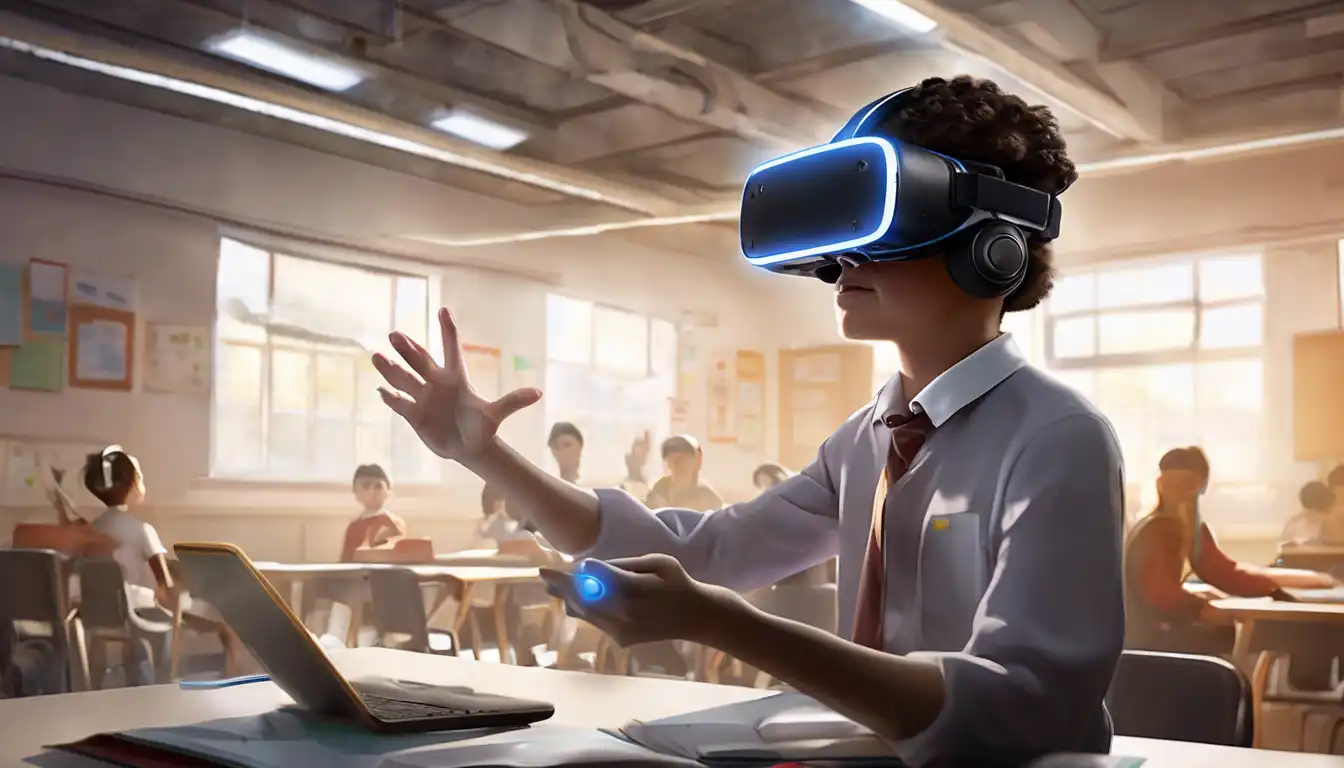The Transformative Impact of Virtual Reality on Learning and Skill Development
Virtual Reality (VR) technology has rapidly evolved from a futuristic concept into a practical tool with the potential to revolutionize education and training. By creating immersive, interactive environments, VR offers unparalleled opportunities for experiential learning, making it a game-changer in both academic and professional settings.
Why VR is a Game-Changer in Education
VR transforms traditional learning methodologies by providing students with immersive experiences that were previously impossible or impractical. For instance, medical students can perform virtual surgeries, history students can explore ancient civilizations, and science students can conduct experiments in a risk-free environment. This hands-on approach enhances understanding and retention, making learning more effective and engaging.
Enhancing Professional Training with VR
Beyond the classroom, VR is making waves in professional training across various industries. From flight simulators for pilots to virtual customer service scenarios for employees, VR enables learners to practice and hone their skills in realistic settings. This not only improves performance but also significantly reduces the costs and risks associated with traditional training methods.
The Benefits of VR in Education and Training
- Improved Engagement: VR's immersive nature captures learners' attention, making education more interactive and enjoyable.
- Enhanced Retention: Experiential learning through VR leads to better memory retention compared to conventional methods.
- Accessibility: VR can provide high-quality education and training to individuals regardless of their geographical location.
- Cost-Effectiveness: Over time, VR can reduce the need for physical materials and travel, offering a more economical solution for institutions and businesses.
Challenges and Considerations
Despite its potential, the adoption of VR in education and training faces several challenges. These include the high initial costs of VR equipment, the need for technical support, and concerns about screen time and health effects. However, as technology advances and becomes more affordable, these barriers are gradually being overcome.
The Future of VR in Learning
The future of VR in education and training looks promising, with ongoing advancements in technology and pedagogy. As VR becomes more accessible and its applications more diverse, it is set to become an integral part of learning and professional development. Institutions and organizations that embrace VR now will be at the forefront of this educational revolution.
For more insights into how technology is shaping the future of education, explore our articles on Innovation in Education and The Role of AI in Learning.
